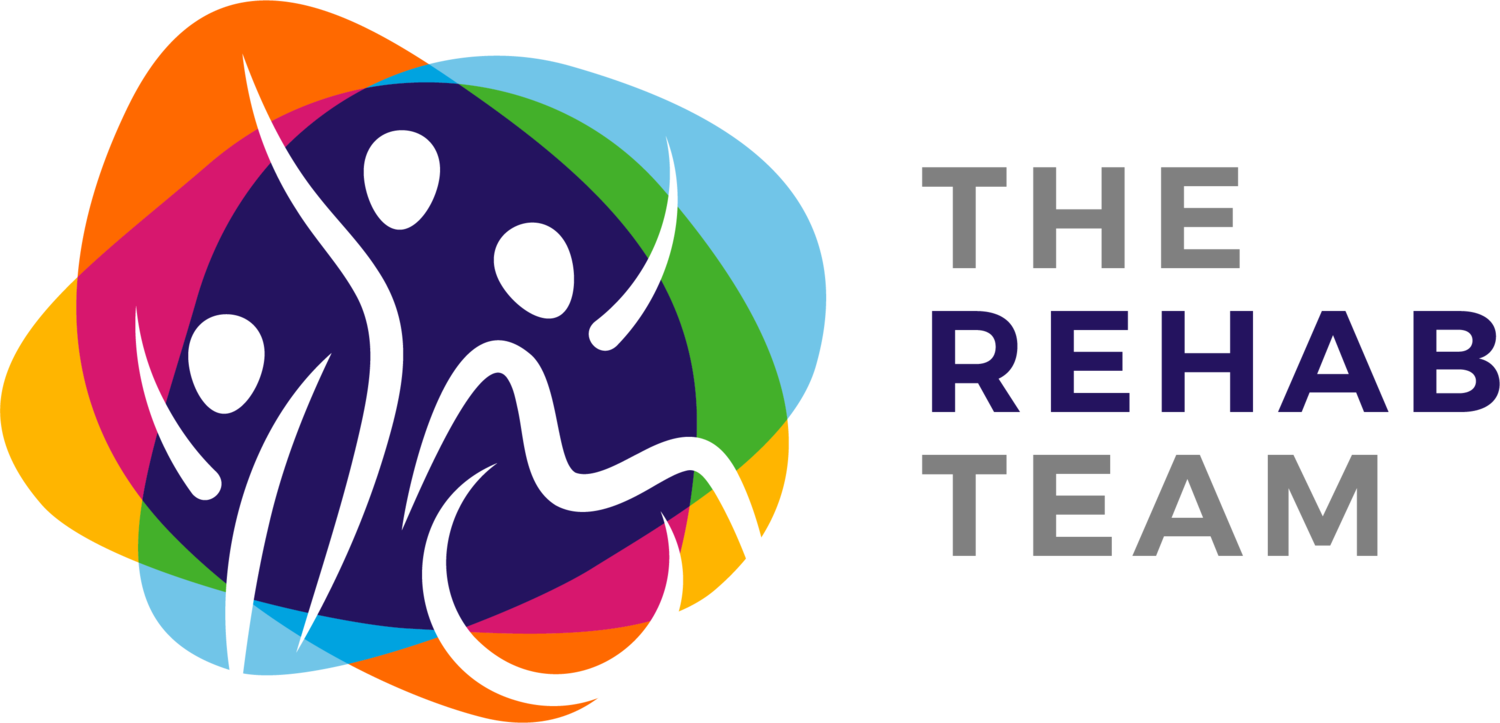Preserving Mind and Body: The Impact of Exercise on Alzheimer's and Dementia
Alzheimer's and dementia present profound challenges, affecting not only memory but also the overall well-being of individuals and their families. The Rehab Team’s monthly blog looks into the emerging research of the benefits of regular exercise in Dementia.
Understanding the Link: Exercise and Cognitive Health
The intricate relationship between exercise and cognitive health is due to the physiological changes that occur during physical activity. These include increased blood flow to the brain, the release of neuroprotective chemicals, and the promotion of neuroplasticity. These factors collectively contribute to a protective environment for cognitive function in our brains. Research shows that regular exercise is thought to slow down cognitive decline and improve memory recall in individuals with dementia.
Creating a Supportive Exercise Environment
At The Rehab Team, our in-home and in-clinic physios know that tailoring exercise programs to suit individual needs is a key strategy. For people living with Dementia, this can be done by:
Making it personal. Exercises can be tailored to each person, this is even better if activities that clients love are included in the programme. This could include going for a walk around their garden or throwing a ball to their dog.
Including caregivers and family members in the exercise programme - often exercising alongside someone else can make a big difference.
Exercise in a familiar environment. At times, it can be easier for our Physiotherapists or Rehab Coach to come to your home and exercise where you feel most comfortable - your home.
Make it fun!
Variety is key. Offering a range of activities that focus on balance, flexibility, strength, and coordination provides an overall approach to physical well-being.
Including cognitive challenges. Now this last point is dependent on the severity of cognitive decline and may not be appropriate for all clients. Combining physical activity with mental engagement, such as memory games, problem-solving tasks or multi-tasking activities can be beneficial in early stages.
Beyond the Brain: A Holistic Approach
It is well known that exercise offers many benefits and not just to people living with Dementia. Other well known benefits can include reduced anxiety, improved mood, and better sleep patterns. Moreover, maintaining physical function and mobility supports independence, contributing significantly to an overall higher quality of life.
Feel free to contact The Rehab Team to arrange an appointment if you are located in Papamoa, Mount Maunganui, Tauranga or surrounding areas. Our knowledgeable physios are mobile and can come and see you in your own home or rest home. We are here to help!
References:
-Ahlskog et al., (2011). Physical Exercise as a Preventative or Disease-Modifying Treatment of Dementia and Brain Aging. May0 Clinic Proc 86(9). Doi: 10.4065/mcp.2011.0252
-Chen et al., (2020). The Impact of Exercise on Patients with Dementia. A 2-year follow up. Medicine 99(23). Doi: 10.1097/MD.0000000000020597
Want to know more?
Have a look at The Rehab Team's other blogs.

